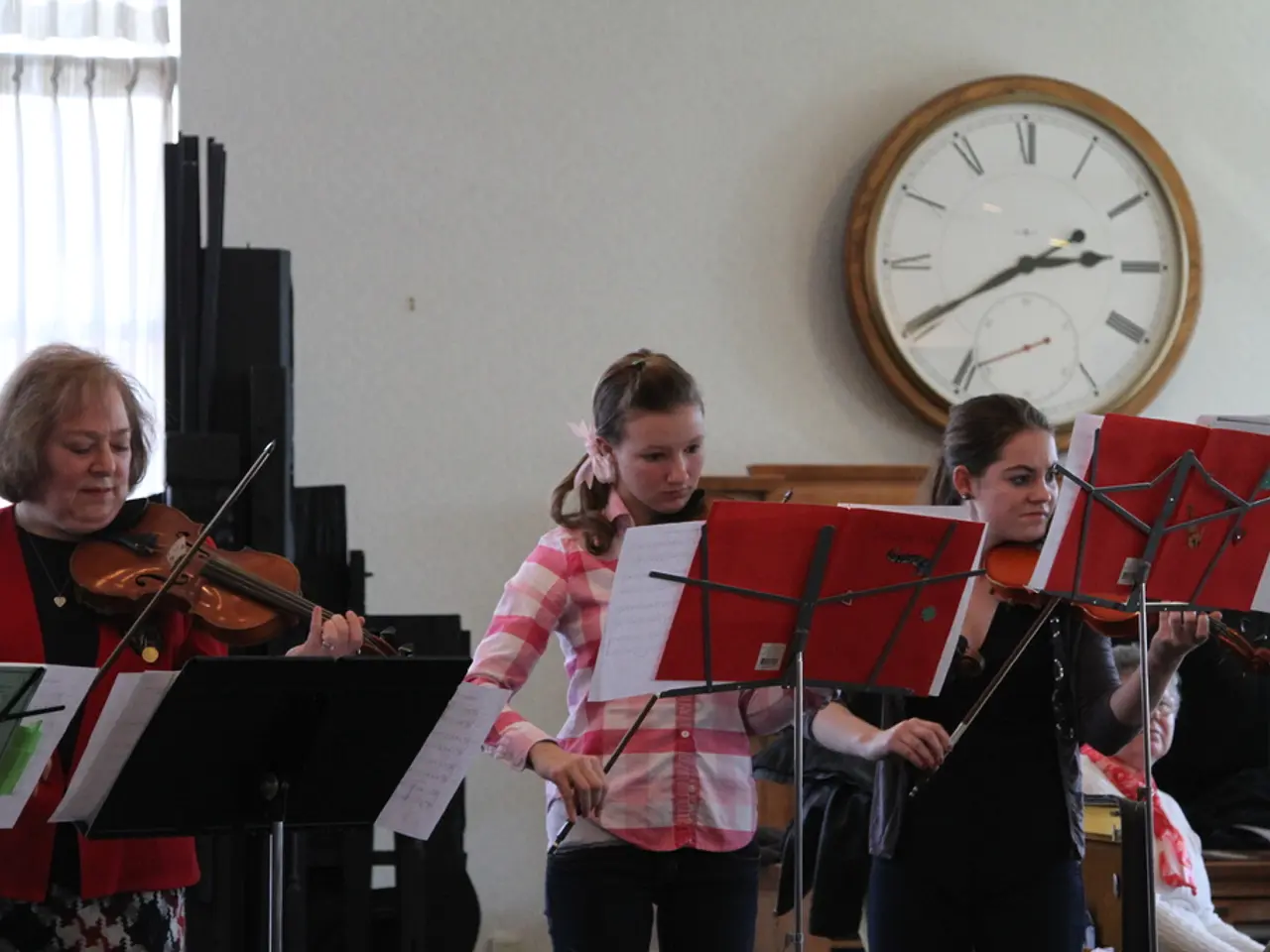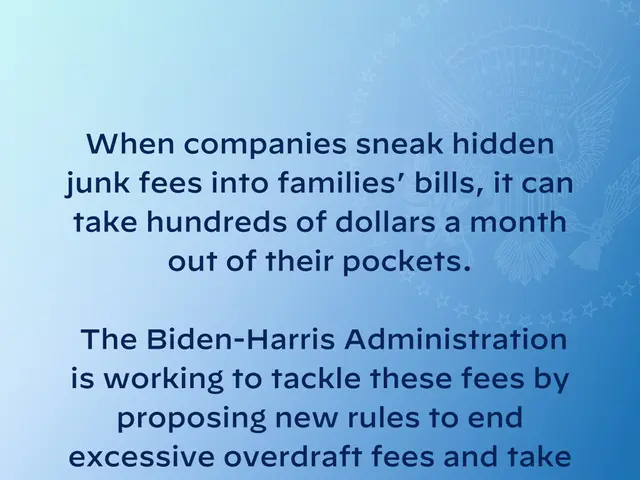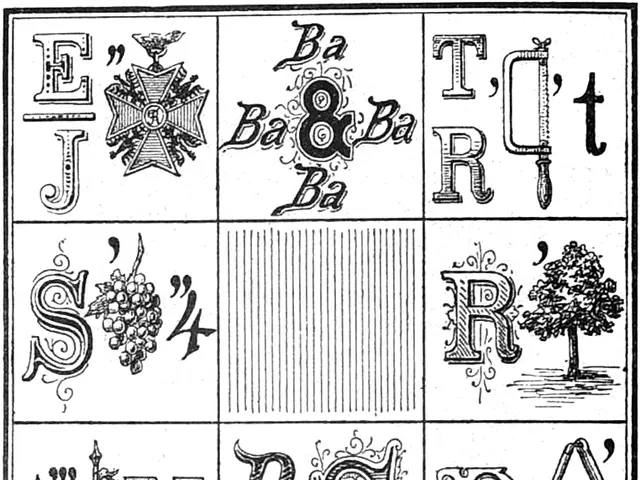Prepare to shut your eyes tightly.
In the world of classical music, a series of events have sparked a political debate, with artists and ensembles navigating the complexities of geopolitics.
Recently, Regula Mühlemann performed with Teodor Currentzis and his Utopia ensemble, receiving positive reviews from critics. However, the political debate about Currentzis and the financing of his ensembles has been pushed into the background. This comes at a time when Russia continues to bombard civilian targets in Ukraine unabated, raising questions about the classical music world's approach to Russia's politics.
Some media and people are meeting Russia's politics without criticism, a trend that seems to be prevalent in the classical music world. Valery Gergiev's concert was canceled in Italy before the summer holidays, but other notable artists such as Vadim Repin, Svetlana Zakharova, Evgeny Mironov, Irina Shishkova, and Anton Grishanin are scheduled to perform at the Bolshoi event.
The classical music world's apparent lack of criticism towards Russia's politics has been a point of contention. An essay published earlier in the year explained the importance of understanding art and culture as a political force. Meanwhile, artists like Anna Netrebko, a singer who has faced criticism for performing in Russia, are facing increasing scrutiny.
In contrast, Ukrainian pianist Illia Ovcharenko, who has been active in the classical music scene since this summer, is implicitly engaged against Russia’s brutal power politics through his public presence and performances. His stance has been met with applause from those who believe the cultural world should take a stand against political injustice.
The first concert of François-Xavier Roth with the SWR Symphony Orchestra faced protests, highlighting the growing political awareness in culture. Susanne Benda, a journalist employed by the SWR, published an interview with François-Xavier Roth in the Stuttgarter Zeitung.
Intendant Thomas Albert, the intendant of the Musikfest Bremen, and culture senator Carmen Emigholz are at the forefront of these debates in Bremen. Over 50 cultural figures, including Andriy Kurkov, Serhiy Zhadan, Mstyslav Chernov, Helen Clark, and Bernard-Henri Lévy, have protested Anna Netrebko's planned performance at Covent Garden.
As the summer comes to a close, the question remains: should the cultural world carry on as before, or is it time to establish a political awareness in culture? With artists like Illia Ovcharenko taking a stand, it seems that the classical music world may be on the brink of a significant shift.







